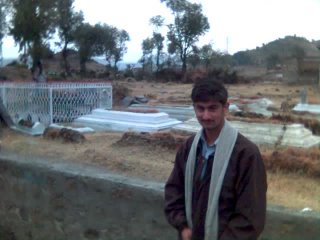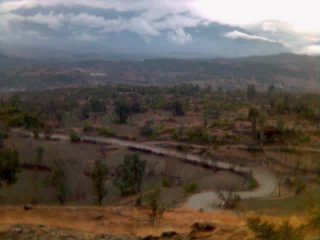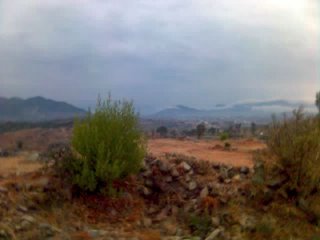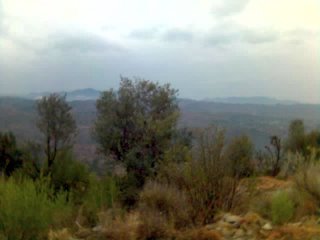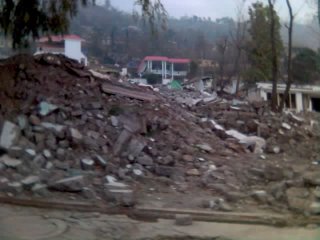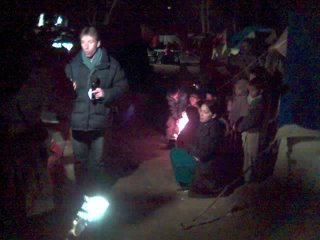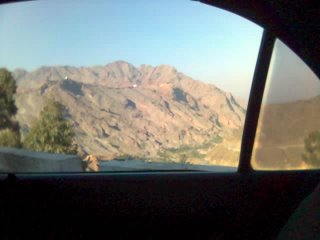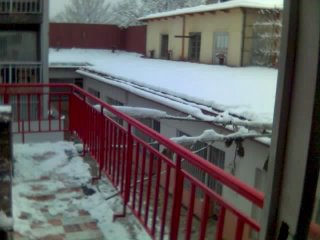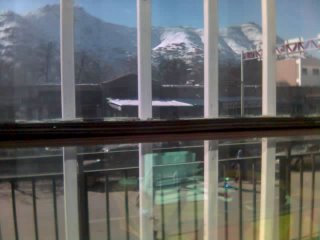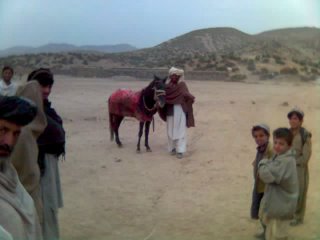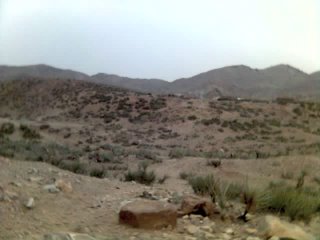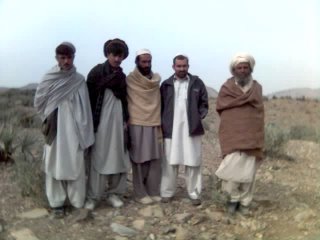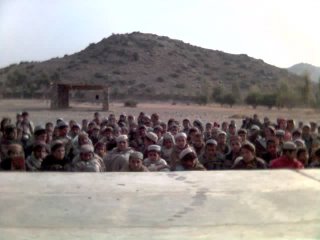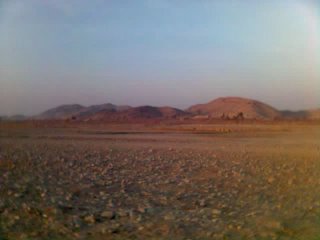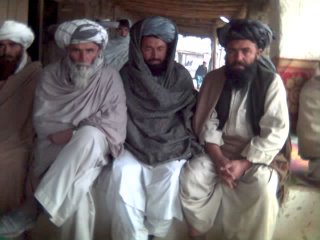Even now, some two million still live in tents below the snow line. There are about 250,000 in organised camps, and around 400,000 at higher altitudes, now facing the snow of the approaching winter. The winter, people tell me, has been relatively mild so far, but most agree that it is only beginning and that the main snow-falls are still to come. Indeed today and yesterday in Kashmir heavy snow fell in the mountains.
[As a little background: Pakistan was established in August 1947 as a state independent of British rule. It now has a population of 163m making it the sixth largest in the world. Urdu and English are the two official languages, but Pashtu is also very common (particularly in the west and north). Cricket is followed avidly on the television and in newspapers. 65% of the population live below the $2-per-day poverty line, the UN has estimated. There are around 4m drug abusers (heavily fuelled by produce from Afghanistan, of course). A large population of Afghan refugees live in Pakistan. In 2005, some 449,000 Afghans returned to their country with the assistance of UNHCR (United Nations High Commission for Refugees), the second highest annual influx of refugees to Afghanistan since 2002, when 1.6m returned following the fall of the Taliban movement. It's a land full of contrast. In the north and west, mountains dominate, with K2 and a bunch of some of the other highest mountains in the world. In the SE, desert may be found, and in the rest of the country large plains are cultivated. Cotton, wheat and rice are the country's main produce, and they also have reserves of oil, gas, coal and precious minerals. In the relatively short time I spent here, people often told me that Pakistan had all the potential to be a truly great nation, especially with its large workforce.]
The situation at the moment in the zone affected by the earthquake is better than I had imagined it. People are surviving. Nevertheless, NGOs here are still implementing their 'emergency' or 'disaster' operations (the first time I've been witness to this type of relief work - very much a case of trying to achieve the impossible): providing shelter, providing medical care, helping to administer the ubiquitous 'tent camps' which are everywhere you go in the area. And again, though, it's just the beginning. The winter - of the bitter Himalayan sort - is just gearing up, and there are many living in the mountains, or in tents who face an unimaginable 3 months of cold and wetness.
Indeed, all this time that I've been here [now writing from the relative comfort of my hotel room in Islamabad, the capital of Pakistan] I've been trying to think how I could best convey a sense of the earthquake, and the destruction it wrought, or the conditions that people are forced to live in now as a result. And it is really difficult, even if you're actually standing there in front of buildings that have fallen down (see below for pictures from Muzafferabad) to imagine what it must have been like to be there. Aftershocks still happen, though. I myself felt two up in Mansehra on Monday night, and NGOs talk of some 1500 since the earthquake.
And there doesn't even have to be snow for people to feel cold. A fall of rain (and we're now beginning what people term "the rainy season") can cause a severe drop in temperature. To me it didn't feel as cold as Kabul, but then I didn't have to live in a tent with the other 8 members of my family. People here are very thankful for the international aid which came from all-over. However at the same time one observes that the media have become bored with the story. This happened with last year's tsunami as well - a friend working there says that local people often demonstrate outside the offices of NGOs in dissatisfaction with their work. People are still living in tents there. An ITV and BBC crew are both in the area making reports, but it is still a difficult story to cover.
In fact, I was in Muzafferabad with my friend Laila Khan (International Rescue Committee) as she was interviewed by Ben Brown of the BBC (see photo below). In his report, live on BBC World, he talked of the "bitter Himalayan winter" as well. Talking from inside a refugee camp, he made his report of some 2 minutes. Earlier in the day his crew had been making background shots. To this end, one woman had been asked to wash clothes (as a 'background' person) for some seven hours. Similarly, a child had been asked to repeatedly walk back and forth through snow barefoot (6 times) so that the BBC could get their shot. Of course, it is quite probable that the little boy would have been walking barefoot through the snow regardless of whether there had been an earthquake or not. In the refugee camp, people live in tents with what they were able to salvage from the ruins of their houses. This sometimes included televisions, which they duly connected to a power source and watched in their tents. The BBC had to ask several tent-owners to turn the volume on their sets down while they were making their report.
At any rate, this is very much a continuing story, and I'd like to have been able to stay longer in the area to learn more. Unfortunately, my term in Damascus has already started and I return tomorrow to continue with my degree, with at least some idea of the awful devastation that 8 seconds created here some 3 months ago.
